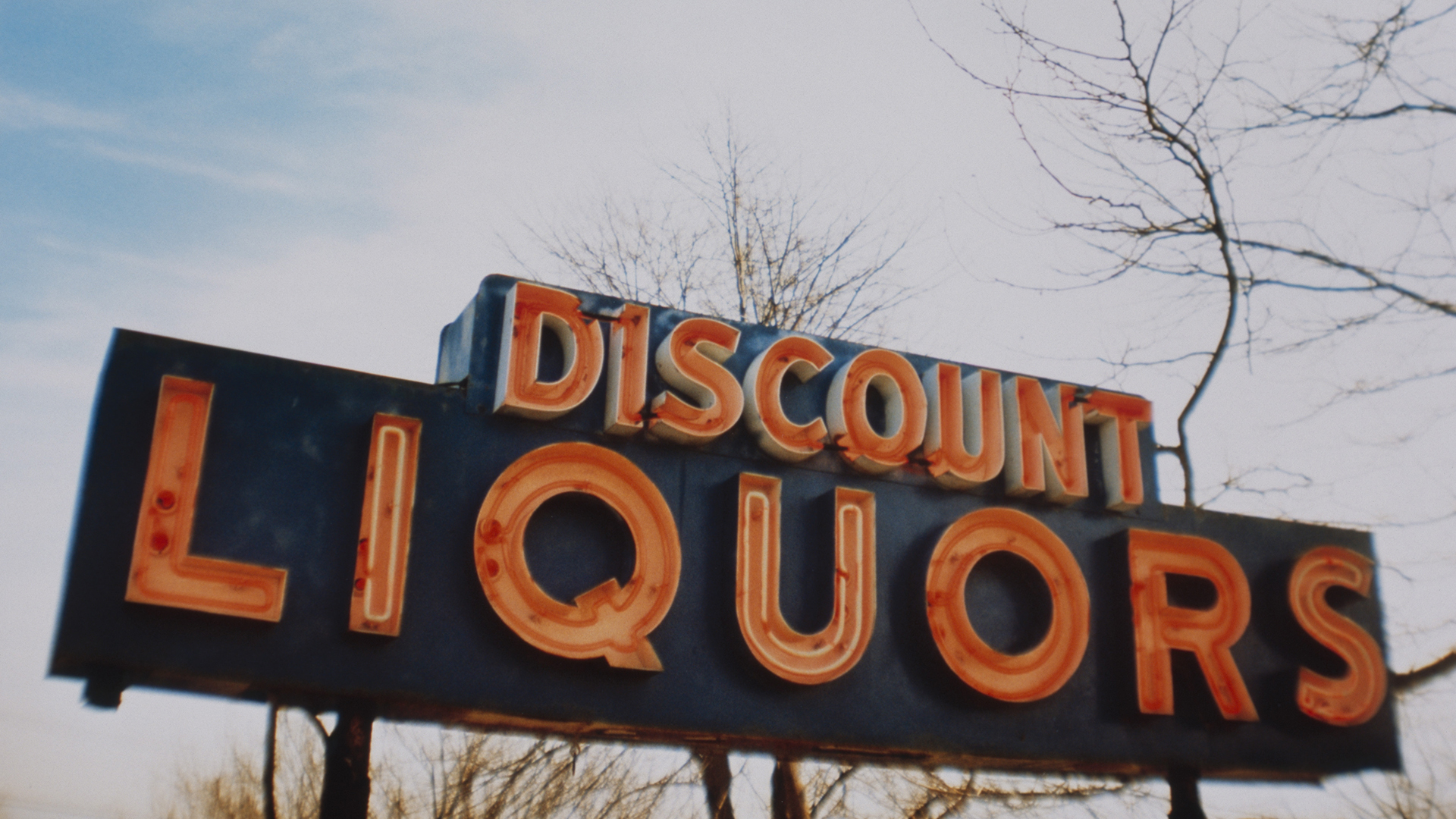

Oklahoma lawmakers are considering a bill that would allow state liquor stores to offer a discount to veterans, which is currently prohibited by existing state law, said Lori Carter, of Oklahoma’s Alcoholic Beverage Laws Enforcement (ABLE) Commission.
Under changes to the state’s alcohol laws that the legislature approved in 2016, Oklahoma liquor stores cannot offer discounts or any other form of inducements to specific groups, such as veterans, said Carter, the ABLE commission’s assistant director, general counsel, and public information officer.
But a law currently being considered by legislators in the state would carve out a spot in those laws to let stores offer a veteran’s discount.
The proposal came after the state’s ABLE Commission received a complaint that a liquor store was offering a 10% discount to veterans as well as residents of a specific neighborhood, Carter told Task & Purpose on Wednesday. The commission has not taken any enforcement actions, such as fining any stores.
“Our view is the proper way to do it is just to give everybody a 10% discount in honor of veterans, or something like that,” Carter said. “It has nothing to do with the fact that it’s a veteran. We love our veterans.”
Giving veterans a discount on alcohol is different from offering veterans lower prices on other products because alcohol is highly regulated in Oklahoma, Carter said.
Subscribe to Task & Purpose today. Get the latest military news and culture in your inbox daily.
“Because it’s an addictive substance, the people of Oklahoma through the constitution and through our statutes have chosen to treat it differently than other commodities that are on the market by making it so highly regulated, Carter said.
That does not mean that the ABLE Commission is concerned about the possible harmful effects to veterans if they have greater access to alcohol, she said.
“We are trying to just enforce the law,” Carter said. “We’re not making any judgments on veterans. You just can’t offer it to a certain group of people and not others.”
State Rep. Neil Hays, a Republican, said he supports the bill to allow liquor stores to give discounts to veterans because he believes it would allow the government to “get out of the way of business owners to be able to honor those who have served us.”
The state has restrictions in place on how much of a discount that liquor stores can offer so that they are not allowed to sell alcohol at a price below market cost, Hays said.
“You’re not trying to discount it to the point you’re trying to get people addicted to a controlled, dangerous substance, which is alcohol,” Hays said. “You can’t [offer] a buy one, get five free-type deal.”
Hays noted that veterans are already eligible to receive discounts on a variety of other products, and he is not concerned about offering veterans a modest discount on alcohol as well.
“We don’t legislate morality here,” Hays said. “I don’t believe you can legislate morality.”
However, alcohol is the No. 1 addiction for veterans and first responders being treated by Warriors Heart, a substance abuse program, said retired Army Master Sgt. Tom Spooner, a co-founder of the program and who served in the Army’s elite Delta force.
“Eighty percent of our clients that come through, their drug of choice, they call it, is alcohol,” Spooner told Task & Purpose on Wednesday.
Spooner said the top reason why so many veterans turn to alcohol is simple: “It’s legal.”
Veterans can use alcohol to escape from Post-Traumatic Stress and other problems they are facing in life, he said.
Some studies have indicated that increasing the price for alcohol can curb its use among high-risk populations, such as heavy drinkers.
“These findings confirm perhaps the most fundamental law of economics—that of the downward-sloping demand curve,” a 2004 National Institutes of Health study found. “This law states that as the price of a product rises, the quantity demanded of that product falls. Given this law, policies that raise the prices of alcoholic beverages can be effective in reducing the health, economic, and social consequences resulting from alcohol use and abuse.”
Still, Cooper said he doesn’t know if offering Oklahoma veterans a discount at liquor stores may worsen the problem of alcoholism among the veterans community.
“If someone is abusing alcohol, this gives the ability to get more of it, but I don’t know if that in-and-of-itself would exacerbate it,” Coopper said.
The veterans discount bill could be headed to a floor vote in Oklahoma’s House of Representatives. If the state ultimately approves the law, Cooper said he hopes the alcohol industry also lets veterans know what resources are available to them if they need help for alcohol abuse.
“Hey, if you drink responsibly, enjoy your discount,” Cooper said. “If you are a veteran that has these issues, Warriors Heart is a place that can help you.”
The latest on Task & Purpose
- The Marines trolled the Navy on Instagram and it was awesome
- Kadena Air Base shows off new air power with an ‘elephant walk’
- Army Special Forces students are learning Ukrainian in new language course
- U.S. Army Vet and Ranger school graduate killed fighting in Ukraine
- Former Navy SEAL under fire for gunshot wound story used in campaign for Senate